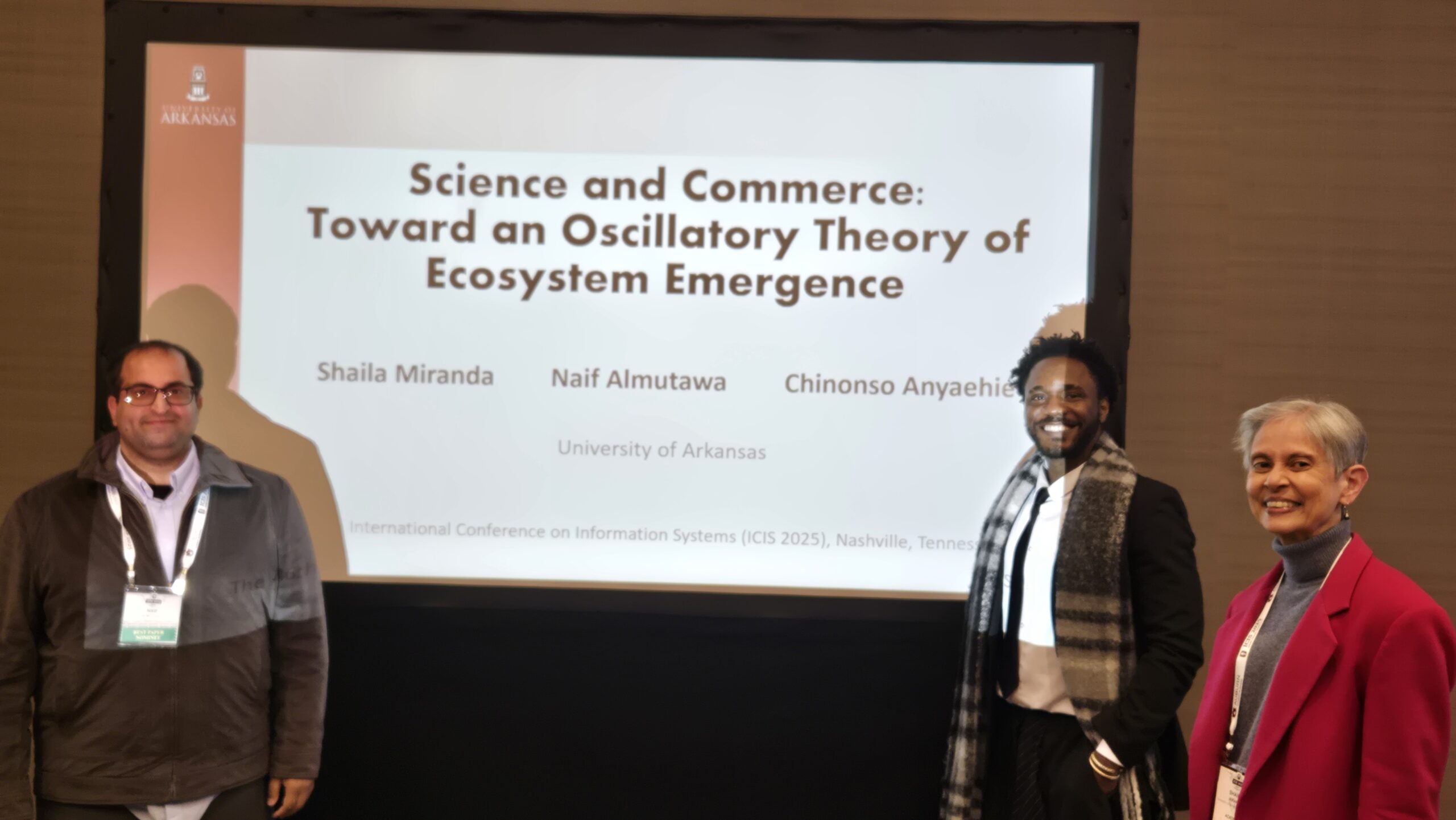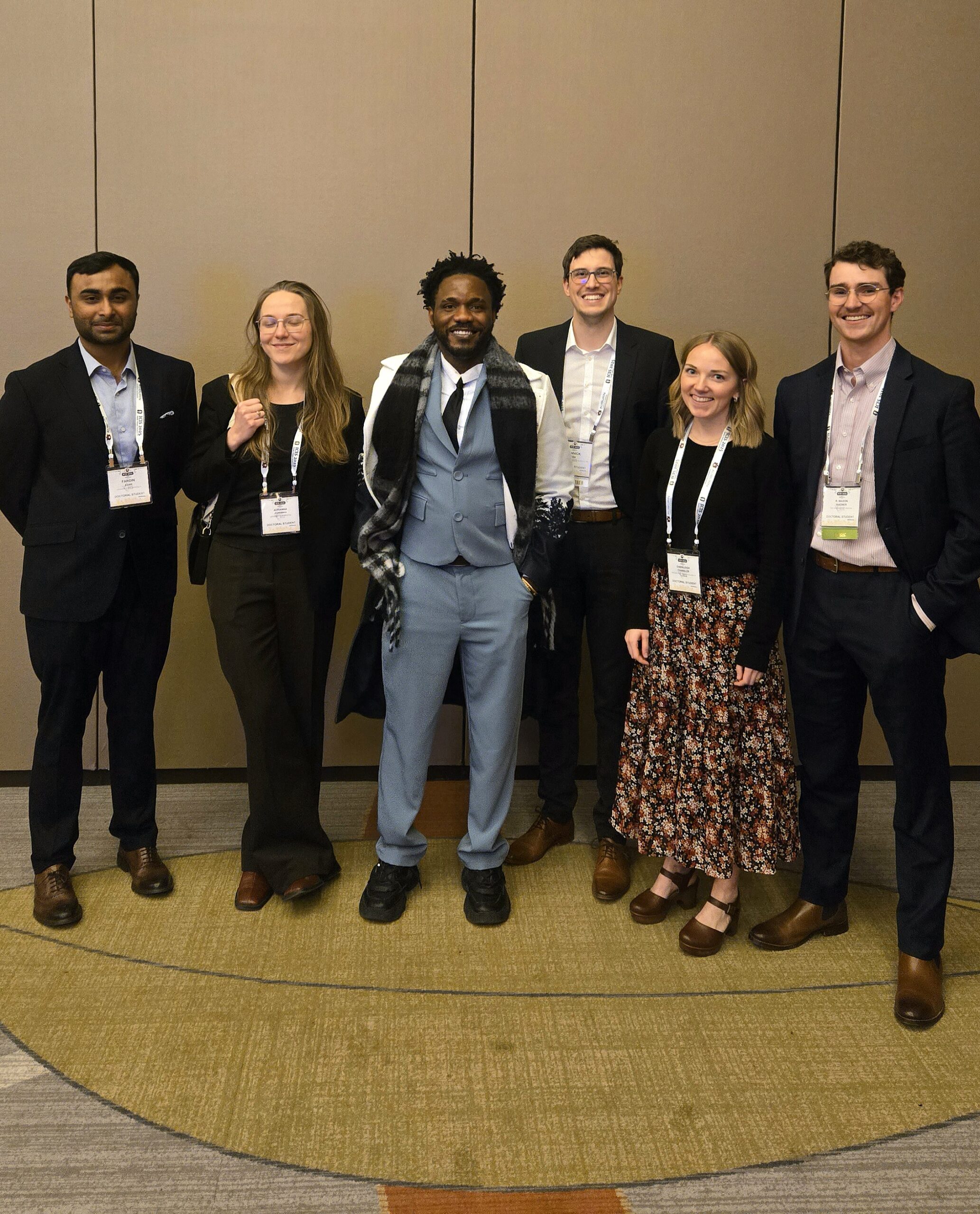This article summarizes a conversation between Jan Recker and Nick Parente about the role of theory in Information Systems (IS) research.
- Berente begins the discussion by mentioning a recent paper, published in MIS Quarterly, which suggests that theory might not be crucial for high-impact IS research, particularly in design science.
- Recker agrees that it’s possible to conduct scientific work without a strong theoretical foundation, citing examples from fields like medicine and astronomy where significant discoveries were made through observation and experimentation. He argues that requiring theoretical contributions for all research limits the scope of potentially impactful work, such as replication studies or descriptive analyses.
- Berente introduces a counter-argument rooted in the philosophy of science, specifically referencing Karl Popper’s emphasis on “bold conjectures”. Berente notes that while Popper didn’t prioritize the origin of a hypothesis, he valued rigorous testing and falsification. Building on this, Berente argues that understanding the mechanisms behind phenomena is essential, and this is where theory plays a vital role.
Berente’s Case for Theory: Embracing Popperian Conjectures and Mechanistic Understanding
Berente challenges the view that theory is dispensable, drawing upon Karl Popper’s philosophy of science. Recker argues that impactful work can be done without theory, citing examples like discovering the health risks of smoking in the 1920s, well before established theories existed. Berente counters by invoking Popper’s concept of “bold conjectures,” which emphasizes the importance of proposing and rigorously testing hypotheses, regardless of their origin. Popper, reacting against overly rigid, axiomatic approaches to science, believed that falsifiable conjectures, subject to empirical testing, were the drivers of scientific progress.
berente builds on this by asserting that understanding the mechanisms driving observed phenomena is paramount, a role theory plays exceptionally well. While prediction is valuable, he argues that it’s insufficient without understanding the “how” and “why” behind those predictions. He uses the example of Brad Greenwood’s paper on Uber and drunk driving fatalities. While the study’s econometric analysis convincingly demonstrates Uber’s impact on reducing fatalities, berente argues that merely attributing it to “platform theory” and “rational choice theory” (as required by MISQ reviewers) offers a shallow explanation. He suggests that deeper engagement with theory could uncover the specific mechanisms by which sharing platforms influence regional economies and behavior patterns.
Essentially, Berente views theory as the bridge between observation and understanding. Popperian conjectures provide the framework for generating testable hypotheses, while a focus on mechanisms pushes researchers beyond mere correlation to uncover the causal pathways shaping the observed phenomena. - Barente suggests that design science, while often presented as atheoretical, relies on predictions and expectations about how artifacts will function, which aligns with a prediction-based approach.
- The conversation then shifts to the “big data argument” against theory. Berente argues that the ability to predict outcomes through big data and machine learning shouldn’t negate the need for understanding the underlying reasons for these outcomes. He emphasizes that understanding “how” and “why” things work is crucial, and this is where theory becomes indispensable.
- Both Recker and Berente agree that IS research needs a balance between theoretical and empirical work. They draw upon William James’s distinction between “tough-minded empiricists” and “tender-minded idealists,” suggesting that IS research should accommodate both perspectives.
- They propose a system where short, impactful empirical studies are published as research notes, while full-length articles focus on broader theoretical contributions that synthesize and advance existing knowledge.
- The discussion concludes with a reflection on the design science manifesto and the evolution of design science research. Recker notes that while the manifesto sparked debate, the quality of design science research has significantly improved over time, with a greater emphasis on rigorous evaluation.
Throughout the conversation, Recker and Berente highlight the importance of understanding the existing “conversation” in a research domain, emphasizing that researchers should be aware of the cumulative tradition and strive to contribute meaningfully to it. They express concern that the current incentive systems in academia prioritize quantity over quality, potentially hindering impactful research that requires time and deep engagement with existing literature.
This conversation offers valuable insights into the ongoing debate surrounding the role of theory in IS research. It emphasizes the need for a more inclusive and nuanced approach that values both theoretical and empirical contributions while fostering a culture of deep engagement with existing knowledge and a commitment to addressing important problems.










Leave a Reply